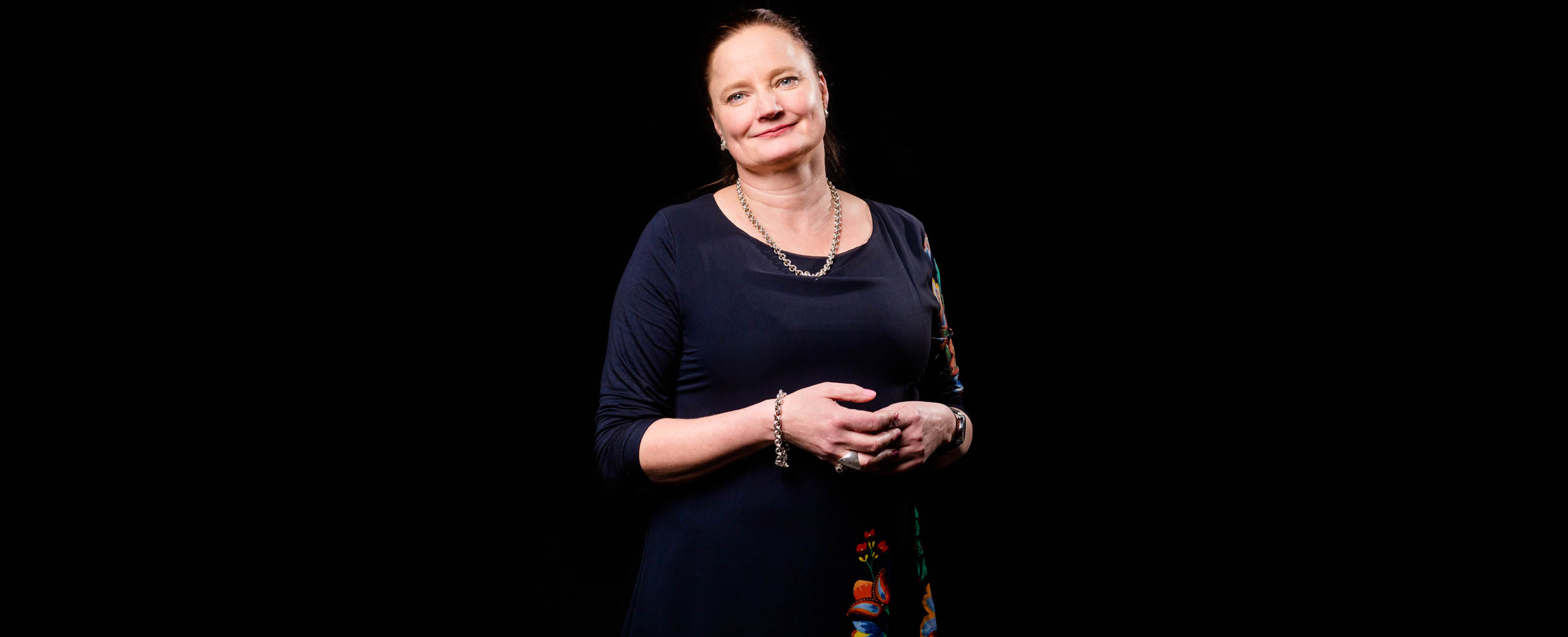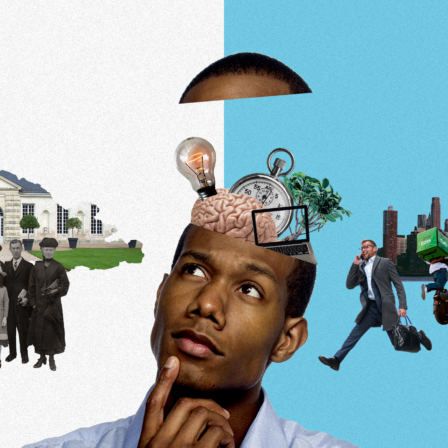How are the circular economy and the data economy linked to each other? This question was addressed at the 2019 international World Circular Economy Forum (WCEF), as part of the programme focusing on circularity metrics and the fair use of data.
The circular economy offers solutions for combating climate change. At the same time, digitisation and the data economy are fairly new and complicated phenomena and their global impact is difficult to gauge. Both the circular economy and the data economy are cross-sectoral. Wide-reaching actions are required at different levels of society: policies, economic measures and active citizenship.
A good way to start reviewing the links between the circular economy and the data economy is with the definitions: the data economy Data economy An area of the economy where the collection and use of data are a key part of activities. Open term page Data economy is a universe of initiatives, activities and/or projects whose business model is based on the exploration and exploitation of the structures of databases to identify opportunities for generating products and services. Circular economy The circular economy An economic model which does not focus on producing more and more goods, but in which consumption is based on using services – sharing, renting and recycling – instead of owning. Materials are not destroyed in the end, but are used to make new products over and over again. Open term page The circular economy is an economic model that shifts from constantly producing new goods to consumption that is based on using services and sharing, lending and recycling goods instead of owning them. Materials are not ultimately destroyed, but instead they are constantly reused in new products. The aim is to reduce waste.
It is undeniable that digitisation offers many opportunities for monitoring and steering the circular economy and understanding the big picture. The constant progress of technology, computational capacity, cloud-based services and the industrial internet make it possible to make many factors of production “intelligent”. This, in turn, improves monitoring, makes processes more transparent and facilitates the development of new kinds of personalised digital services.
On the other hand, technological development does have its flip side. The carbon dioxide emissions of the ICT industry are considerable but currently there is not enough research data on the emissions caused by digitisation. Nevertheless, many big platform economy companies are already looking for greener energy solutions. There are many ways for people to reduce carbon emissions in their everyday lives.
Towards a sustainable data economy
Data is required for fact-based decision-making. In order for statistics and facts to be meaningful for us, they need to be coupled with information about our everyday choices and way of life. Only then can indicators be meaningful for individuals and encourage change.
The acceptable use of extremely personal data requires transparency and clear rules.
Such data is extremely personal, and its acceptable use requires transparency and clear rules. Consumer data needs to be used in the right way and it should benefit all of society and not just companies or individuals.
Agreeing on shared rules on how to gather, manage and use data not only makes circular economy actions more measurable, but is also an important building block for a society based on trust. Our digital daily lives produce a constantly increasing amount of data that is used as the raw material for the data economy.
I have been positively surprised at how well our data economy project IHAN® has been received at many different events. In addition to WCEF2019, the STI Forum 2019, held at the UN headquarters in New York under the title “Data Matters: Bridging the Digital Divide for Inclusive and Sustainable Development”, was especially memorable.
Our actions in online communities, such as our likes and contact networks, have become the raw material of the data economy – but far too often with no transparency and no ability to control the use of our data. Global companies are already building their own currencies. Identity management is often done with a Facebook account and real privacy protection is only for the privileged few. Digitisation is also constantly more integrated with sustainable development goals, which requires multidisciplinary co-operation.
Europe can show the way for a fair data economy
The IHAN project aims to use European values as a solution for a new and fairer data economy model. Instead of technological rivalry, Europe should invest in co-operation, policy measures and empowering regulation.
The prevailing data economy model is not based on principles of sustainable growth and well-being.
For this reason, we at Sitra have drawn up a road map for a fair data economy. A fair data economy benefits everyone. A consistent operating method would open up opportunities for user-driven innovation and business, also in the circular economy. Transparent rules strengthen trust, inclusion and democracy.
This is how a fair data economy is built:
- Put current EU regulations into practice together with the public sector, consumer organisations and companies.
- The public sector leads by example in data use and creates demand for technology, standards and services.
- Accelerate growth of new services and ecosystems, especially in public-sector areas such as health, logistics, the environment, education and finance.
- Countries, standards organisations and companies co-operate to make sure that open standards and implementation methods are used, especially in identity and consent management.
- Governments, NGOs and decision-makers make sure that people understand their data rights and that companies understand what it is they are offering.
Watch Hans Bruyninckx and Jaana Sinipuro discussing the use of data in circular economy at WCEF 2019, held in Helsinki, 3–5 June 2019.
















Recommended
Have some more.